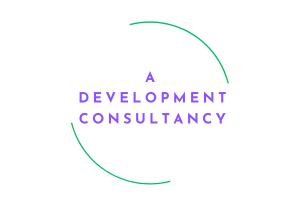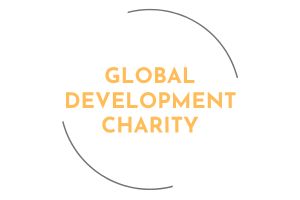Imposter Syndrome
Do you – or do you know of a co-worker – who thinks they’re a failure, or not good enough, despite all evidence indicating a skilled and quite successful person? It’s a common misperception estimated to be held by 70% of people, and it’s called Imposter Syndrome.
Since the start of the COVID pandemic 29% of respondents in the miro “A Year of Remote Work” survey say they’ve experienced an increase in doubting their accomplishments.
Imposter Syndrome has an outsize effect on certain groups. Women, women of colour (especially black women) and the LGBTQ community are most at risk. But why is this? Emily Hu, a clinical psychologist, says, “We’re more likely to experience imposter syndrome if we don’t see many examples of people who look like us or share our background who are clearly succeeding in our field”. In other words, the lack of role models has a large part to play in whether people feel whether they belong or not.
“For years I thought Nasa only hired me because they needed women” Maureen Zappala, rocket scientist.
Expert on the subject of Imposter Syndrome, Dr Valerie Young, identifies five subgroups:
| The Perfectionist | Perfectionists set excessively high goals and if ever they fail to reach a goal, they experience major self-doubt and worry about not being good enough. Perfectionists often feel that if they want something done right, they’ll have to do it themselves – they will often avoid delegating or micro-manage. |
|---|---|
| The Superwoman/man | This trait sees people pushing themselves to work harder and harder to measure up as a cover-up for their insecurities. They may work later than others in the team, even if they’ve finished their work for the day and they may find it difficult to relax when not working. |
| The Natural Genius | This subgroup believe they need to be a natural genius; if it takes them a while to master a particular skill, they feel ashamed. Whereas perfectionists set their internal bar impossibly high, the natural genius also judges himself or herself based on getting things right the first time. |
| The Soloist | Soloists find it hard to ask others for help, feeling that by doing so, they are revealing their phoniness. They believe that they must prove their own worth through their productivity. |
| The Expert | Experts measure their competence based on what and how much they know. They worry that they’ll be exposed as inexperienced or not knowing enough. |
Overcoming imposter syndrome
Some helpful tips for overcoming imposter syndrome include:
- Questioning negative thoughts and beginning to replace them with positive thinking
- Learning to accept thoughts, feelings and emotions, even if they are negative (mindfulness can be a useful practice to help with this)
- Moving forward despite negative feelings
- Setting clear, measurable and realistic goals
- Stopping comparing abilities to those of others
- Learn not to take constructive criticism personally
- Re-balance time away from work with hobbies
Tackling imposter syndrome takes time as it involves re-framing thought processes. But coaching sessions can be of great benefit, identifying and developing individual talent as a first step. If you’d like to discuss this further, please email enquiries@peoplebusiness.co.uk.
However, imposter syndrome does have some advantages; it can act as a great motivator as people strive for job mastery. And interpersonal performance at work – helping and encouraging co-workers, active listening and collaboration – is often high too, as people work harder to prove themselves.




